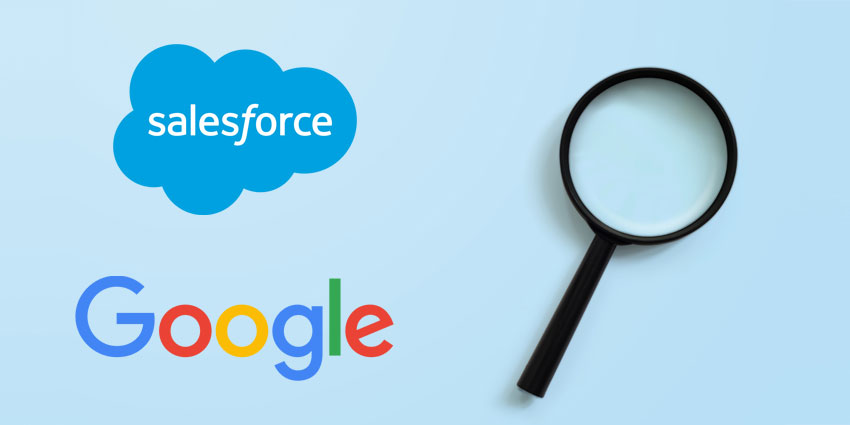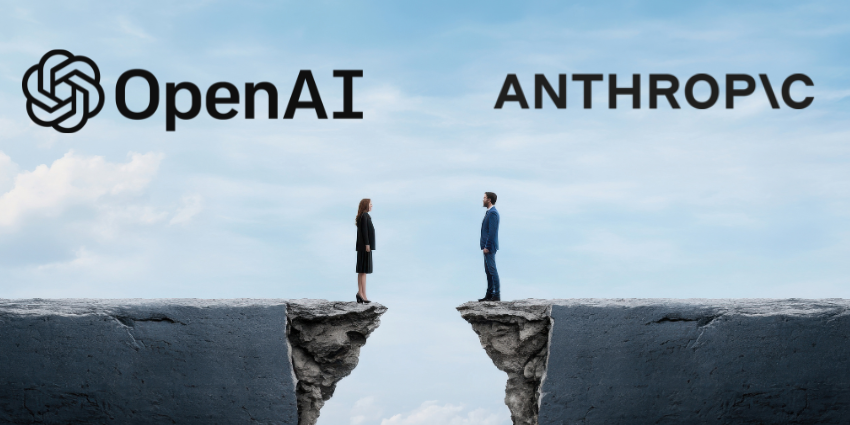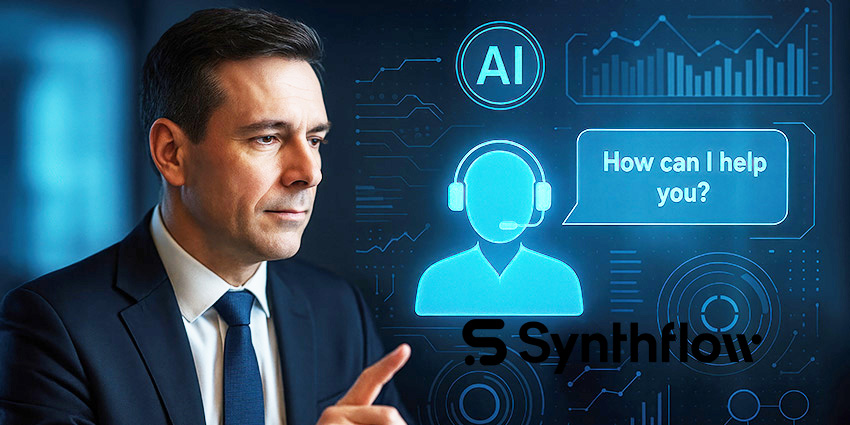In February, Salesforce and Google strengthened their decades-long collaboration.
The headlines focused on mutual customers being able to access Google Gemini within Salesforce’s Agentforce platform.
Brands may then build AI agents through Agentforce, leveraging Gemini’s capabilities to process audio, images, and video.
As such, their AI agents become multimodal, increasing the scope for enterprise automation.
After all, agents can perform tasks like capturing serial numbers, identifying product issues, or detecting emotions in voice recordings – alongside various other possibilities.
Interestingly, AI agents may also – via Vertex AI – leverage live insights from Google Search, which may open the door to further use cases.
For instance, marketing teams could create an agent that adjusts content plans based on trending search topics. Meanwhile, sales personnel may develop an agent that unpacks what prospects are “Googling” about the brand. Again, these are just some of the possibilities.
However, while the merging of Agentforce and Gemini is exciting, it is only one part of the revitalized relationship. There are many other significant aspects of this announcement.
Salesforce Is Giving Its Customers More Choice
Adding Gemini to Agentforce gives Salesforce customers more choice in the underlying models they wish to power their AI agents.
Yet, beyond that, Salesforce is showcasing to customers and prospects that – when working with the CRM leader – they’ll have options when it comes to hyperscalers.
That’s according to Rebecca Wetteman, CEO & Principal Analyst at Valoir, who points to how customers can now deploy Salesforce through the Google Cloud marketplace.
“I don’t see Google being a major sales channel for Salesforce through this — they’re typically not selling to the same kinds of buyers,” said Wetteman on an episode of CX Today’s Salesforce Update.
But this gives Salesforce an answer for customers who either don’t want to go with AWS or simply want to have a choice when considering hyperscalers moving forward.
To Wetteman’s initial point, both vendors estimate a value of approximately $2.5BN to spring from the partnership over the next seven years.
Given the momentous size of both vendors, that’s not a huge number spread out over that time.
Nevertheless, the announcement is especially significant in terms of Salesforce making positive moves to give customers more choice.
Meanwhile, there are a couple more fascinating threads to pull at.
Tableau, Google Looker, & BigQuery Come Together In One Interface
The Agentforce-Gemini announcement and availability of Salesforce on the Google Cloud Marketplace mark “just the beginning” of the expanded partnership.
Indeed, the vendors teased more announcements throughout 2025.
For starters, they pledged a native Tableau, Looker, and BigQuery integration that will launch later this year.
The move will allow organizations leveraging these platforms to manage and visualize their business data in one UI.
Additionally, the tech giants promise standardized business logic and data definitions.
Given the siloed nature of business intelligence, Michael Fauscette, Founder, CEO & Chief Analyst at Arion Research, believes this could be “really useful” for customers. He noted:
This is something many customers have either tried to do on their own or wish they could.
Additionally, both vendors will deepen the integrations between BigQuery, the Google Cloud Cortex Framework, and Salesforce Data Cloud.
In doing so, Salesforce hopes to “make it easier than ever” for its customers to centralize enterprise data and ground its AI agents.
Such moves are critical to Salesforce’s agentic AI aspirations. After all, Data Cloud enables AI agents that more deeply understand a business and its customers, inspiring better reasoning and more effective actions.
Google Workspace & Slack to Become Interoperable?
Historically, Salesforce referred to Slack as the “digital HQ” for business. That concept is coming back with Agentforce.
Indeed, Agentforce in Slack empowers employees to call on AI agents – or “digital labor” – to surface insights from Salesforce and third-party apps.
Moreover, employees may even instruct AI agents to initiate actions within such apps without opening them up.
Now, Salesforce and Google are exploring the possibility of those third-party apps including Google Drive and Gmail.
So, for instance, an employee could – via Agentforce in Slack – access and act on files in Google Drive or pull information from Gmail to improve communication and knowledge sharing.
As such, Salesforce and Google could enable intelligent workflows across the platforms, automated with the help of Agentforce agents.
Salesforce & Google Lead the Agentic AI Charge
Salesforce led the agentic AI charge with the September 2024 launch of Agentforce.
That quick innovation helped it accumulate an install base that has already surpassed 5,000 customers. Yet, it also enabled a foundation of customers that has now become experienced in building AI agents.
These customers offer excellent insights into where agentic AI can add real value. Wetteman has picked up on several of these tidbits.
During the Salesforce Update session, she shared an excellent example:
What’s most interesting is how customers are using Agentforce — it’s no longer just “I need to get my data ready so I can point AI at it.” Now, it’s: I build my agent, I test it, and I can quickly see where the gaps are in my data.
Taking these lessons from its customers and democratizing such insight through an advanced AI education program has helped Salesforce sustain its market leadership.
Meanwhile, Google has also made pioneering moves in agentic AI. Perhaps most notable are its steps to put AI agents in the hands of consumers.
For instance, it has launched an experimental feature that allows some search engine users to employ an AI agent to call customer service for them.
It has also filed a patent for an on-device AI agent that will take calls – including outbound calls from businesses – on behalf of consumers.
As such, Google is beckoning the future of machine-to-machine enterprise communications.
In many cases, those conversations could happen between a customer leveraging a Google AI agent and a business leveraging Agentforce, perhaps augmented with Gemini.
Join the CX Community That Values Your Voice
This is your space to speak up, connect, and grow with thousands of CX leaders. Share your voice, influence what’s next, and learn from the best in customer experience. Join the conversation today.







